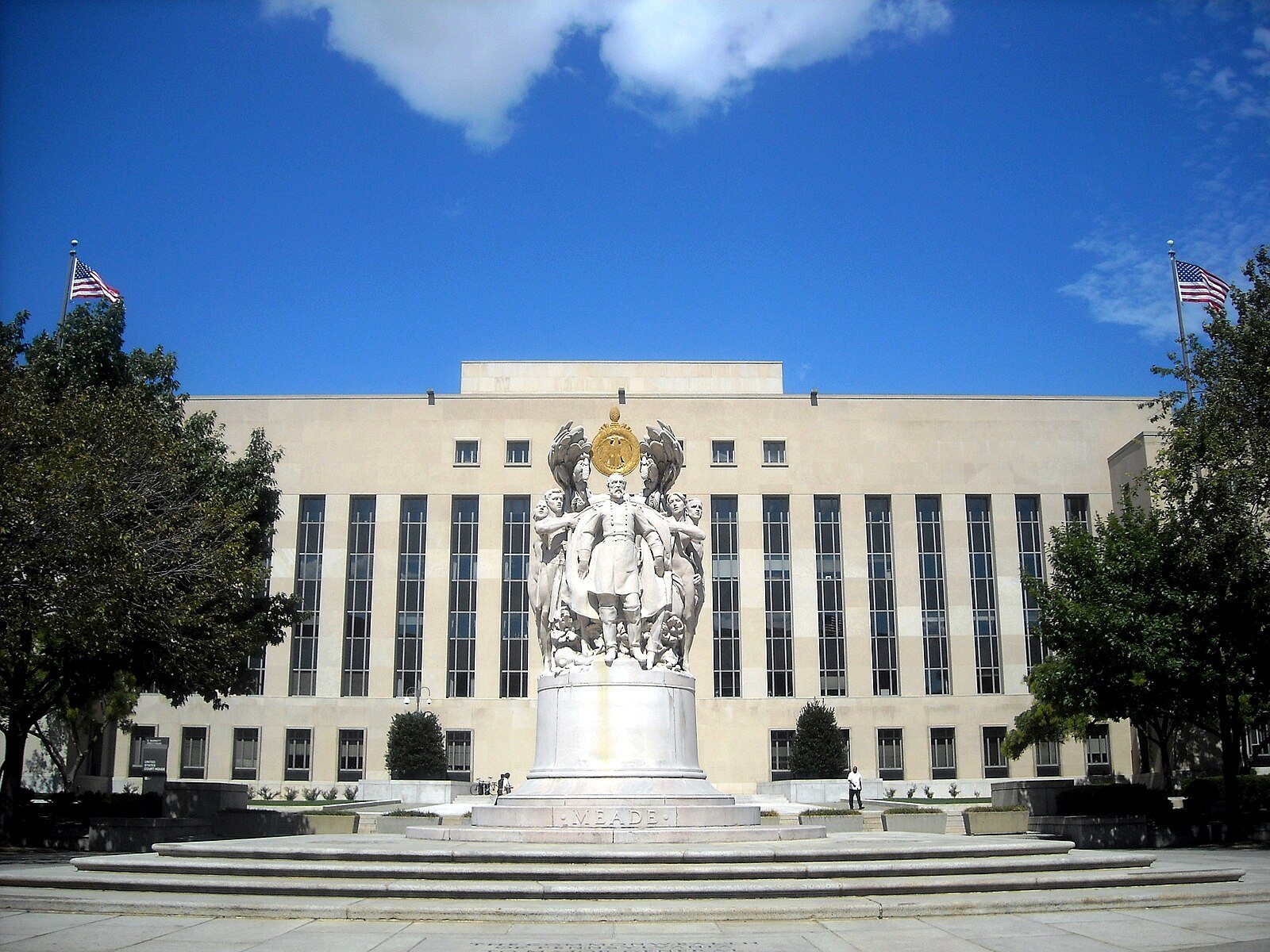Does the Supreme Court Follow the Recommendation of the Solicitor General in Foreign Relations Cases in which the Court has issued a CVSG?
Sometimes when making a decision whether to grant a petition for a writ of certiorari in a case to which the United States is not a party, the Supreme Court formally issues a “call for the view of the Solicitor General” (CVSG). The Solicitor General responds with a brief arguing that certiorari be granted (or not), in whole or in part. But does the Court follow the SG’s recommendation?
Published by The Lawfare Institute
in Cooperation With

Sometimes when making a decision whether to grant a petition for a writ of certiorari in a case to which the United States is not a party, the Supreme Court formally issues a “call for the view of the Solicitor General” (CVSG). The Solicitor General responds with a brief arguing that certiorari be granted (or not), in whole or in part. But does the Court follow the SG’s recommendation? An empirical analysis based on data from OT ’98 through OT ’04 concluded that “of the 83 cases in which the SG recommended a straight grant, deny, or GVR, the Court followed the recommendation 79.5% of the time (66 cases).” It also found that “the likelihood that the Court will follow the suggestion of the SG does not appear to depend on what the SG recommends.”
That data is a decade or more old, however, and it does not consider foreign relations cases specifically. I have argued that on merits questions in foreign relations cases, the Court seems increasingly skeptical of the views of the Executive Branch, and I have also noted some foreign relations cases in which the Court ignored the views of the Solicitor General on whether or not to grant certiorari, even after calling for those views by issuing a CVSG.
To update the CVSG data with a contemporary snapshot of the Court’s work, I had research assistants gather all cases from October 2012 through the present which were CVSG’d, and in which the Court has either granted or denied certiorari. We excluded CVSGs in other contexts, such as motions for leave to file a complaint under the Court’s original jurisdiction, and we consolidated petitions and recommendations in cases which were later consolidated by the Court. That left a total of 44 cases. In 30 cases, the Court followed the views of the SG, in 14 cases it did not follow the views of the SG, giving the SG a win rate of 68%. There were a total of 9 foreign relations, national security, or international law cases. Of those, the Court followed the SG in 6 cases for a win rate of 67%.
These numbers appear to show a modest decline in the SG’s win rate, but the total number of cases is obviously small. There was one case in which the SG recommended denying certiorari, but if certiorari was granted, it wanted an additional question added. The Court granted cert and added the additional question. We count this as a win for the SG, which arguably means 68% slightly overstates the win rate. Nevertheless, it is possible that the Court issues more CVSGs in the first place, meaning that even with a decreased win rate, the SG’s views might hold sway in a larger absolute number of cases. Finally, cases in which the SG recommended denying certiorari on two questions in the petition, and Court granted cert on one question, were characterized as a loss for the government.
Our data did not show a difference between foreign relations and other cases in terms of how likely the Court was to follow the views of the SG after issuing a CVSG. Thus it appears that the Court does not treat foreign relations cases as presenting an exceptional need to follow the views of the SG on whether to grant or deny certiorari. Again, however, this analysis includes only a very small number of cases, and it also does not consider whether the Court is more or less likely to CVSG foreign relations cases at all.
I am happy to share our spreadsheet with interested readers.
Ingrid Wuerth Brunk is the Helen Strong Curry Professor of International Law at Vanderbilt Law School, where she also directs the international legal studies program. She is a leading scholar of foreign affairs, public international law and international litigation. She serves on the State Department’s Advisory Committee on Public International Law, she is a Reporter on the American Law Institute’s Restatement (Fourth) on U.S. Foreign Relations Law, and she is on the editorial board of the American Journal of International Law. She has won Fulbright and Alexander von Humboldt awards permitting her to spend substantial time in Germany and she is an elected member of the German Society of International Law.


.jpg?sfvrsn=407c2736_6)


